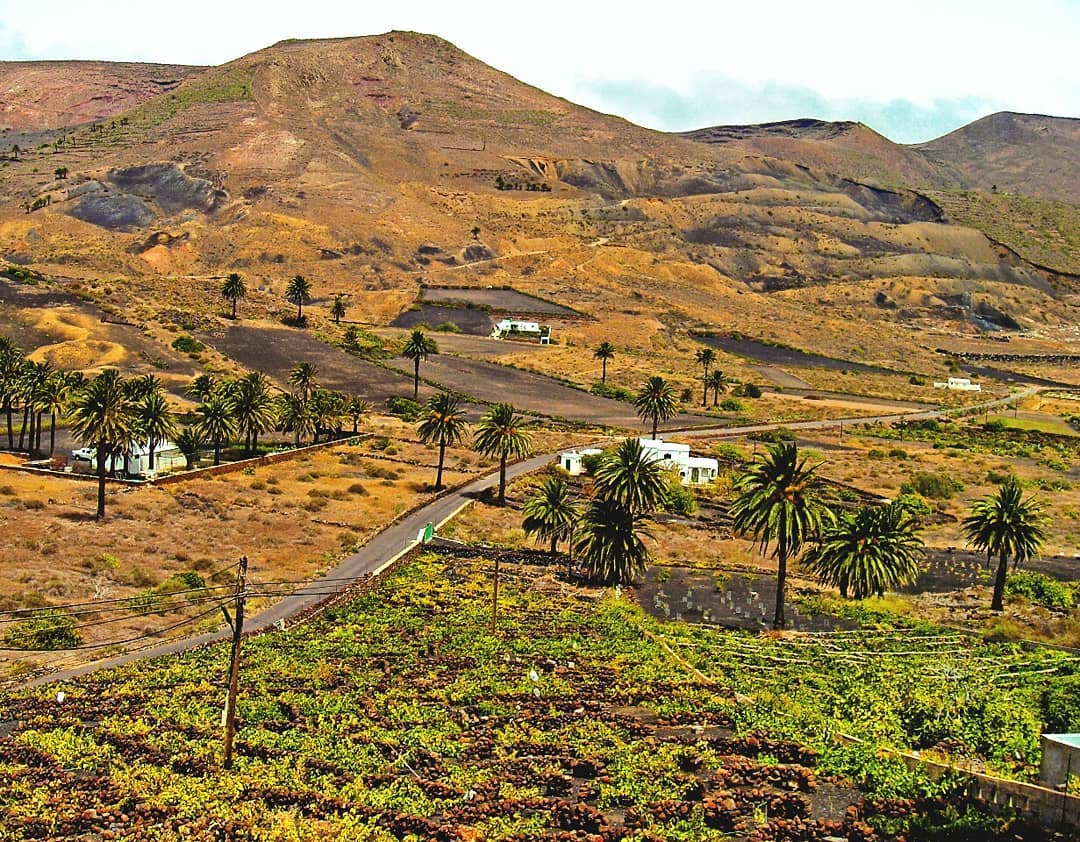Description:
The Canary Islands, an archipelago in the Atlantic Ocean off the coast of Northwest Africa, host an impressive biocultural diversity. From volcanic landscapes and deserts in the south to dense laurel forests and subtropical rainforests in the north, these islands offer a variety of habitats for a wide range of plant and animal species. The flora includes endemic species such as the Canarian pine and the dragon tree, as well as Mediterranean plants like olive trees and grapevines. The fauna is equally diverse and includes endemic bird species such as the Canary Islands chiffchaff and the Canary Islands woodpecker, as well as marine mammals like dolphins and whales along the coasts. The people of the Canary Islands have a close relationship with nature and are committed to protecting and preserving biocultural diversity, whether through nature reserves or sustainable agricultural practices. Despite challenges posed by tourism and climate change, protecting and preserving this diversity remains crucial for the future of the Canary Islands and the well-being of its residents.











